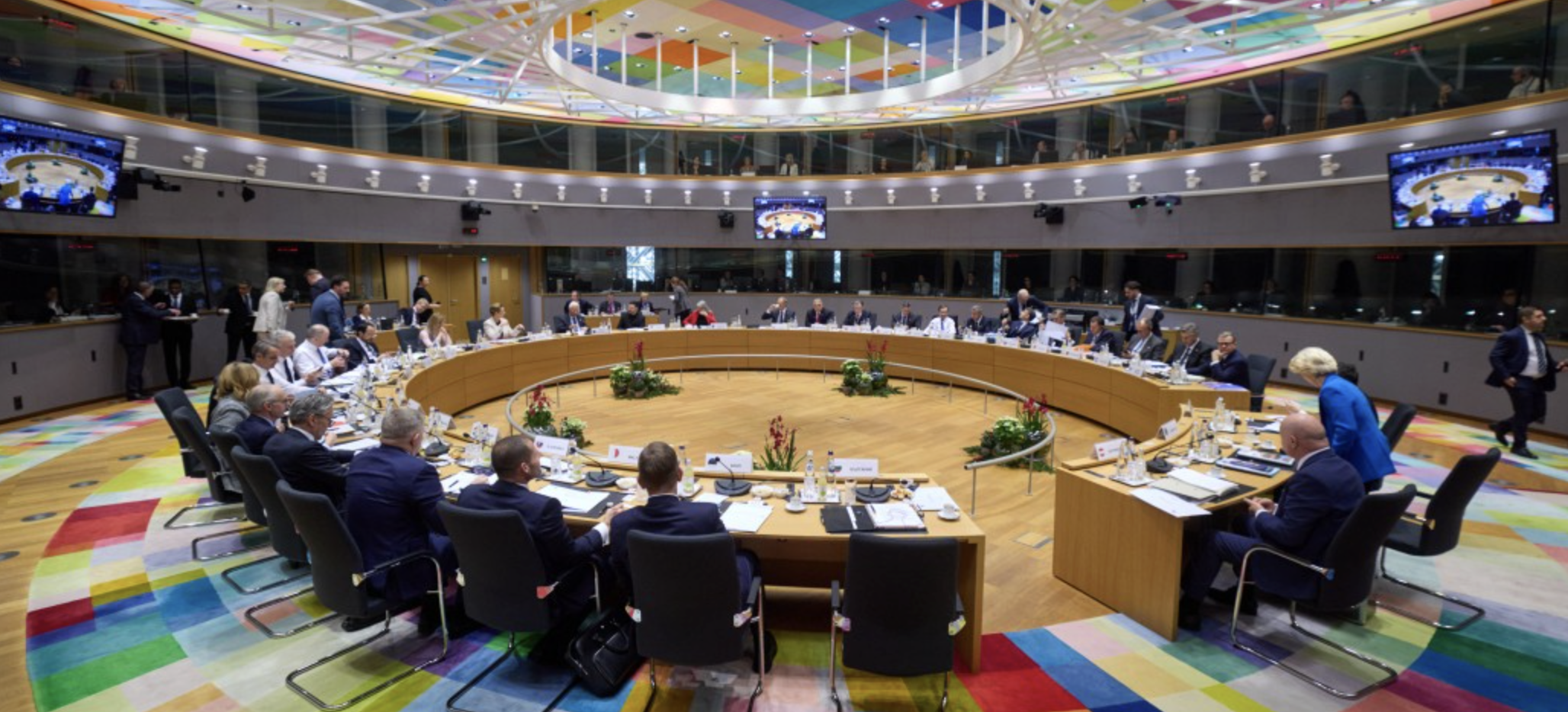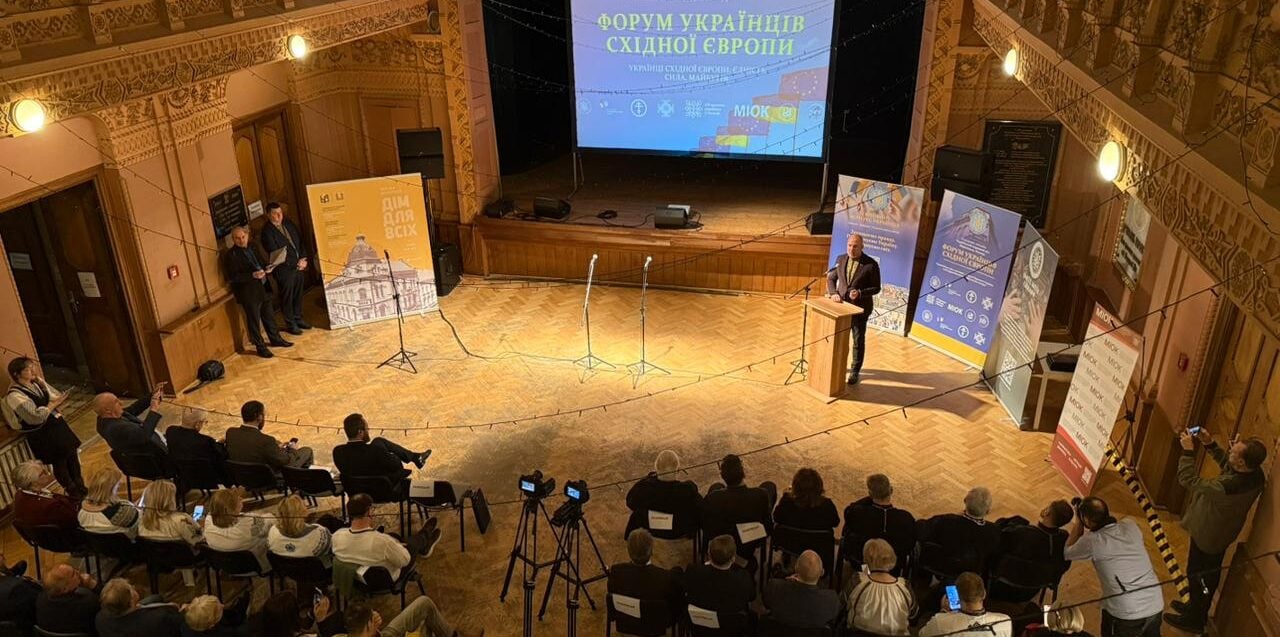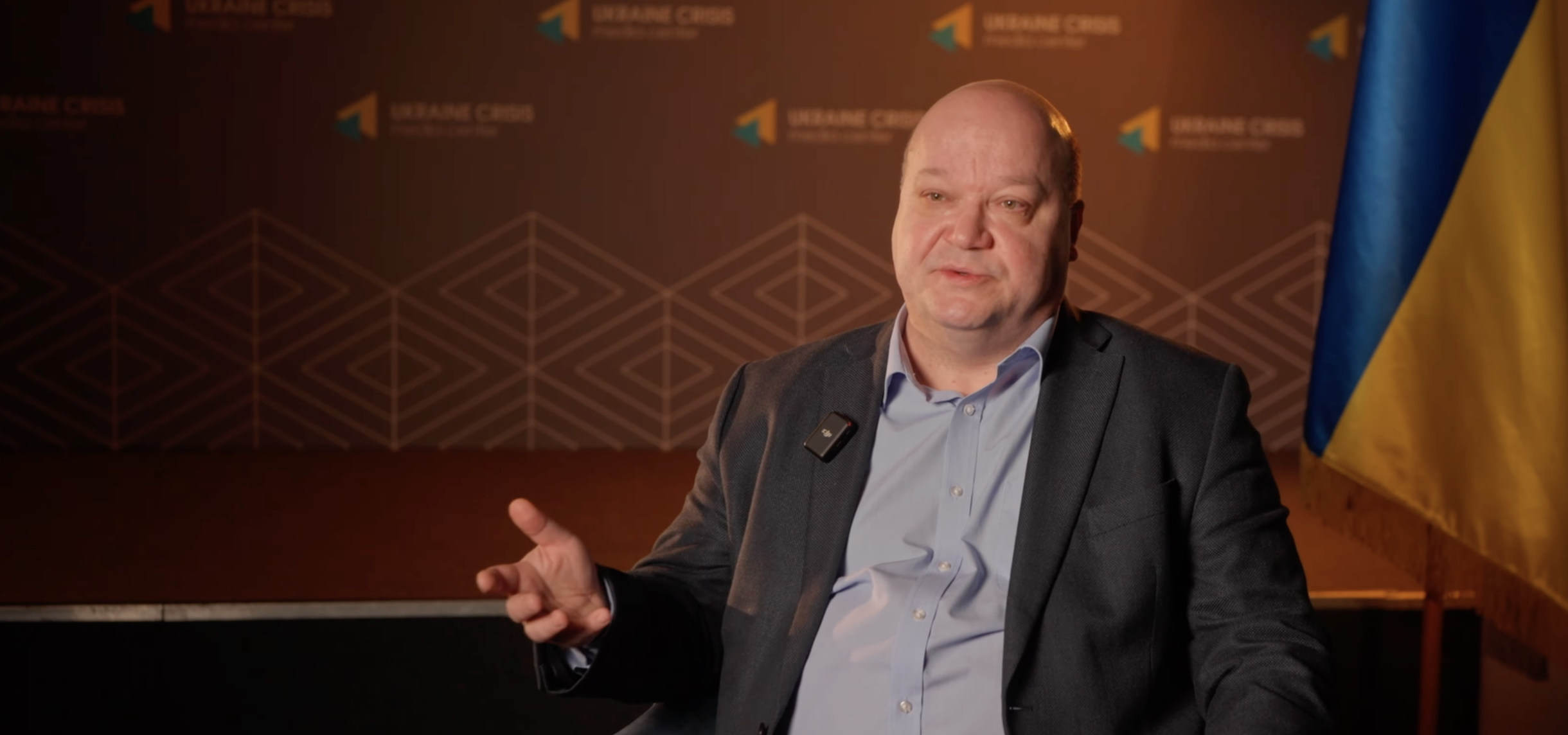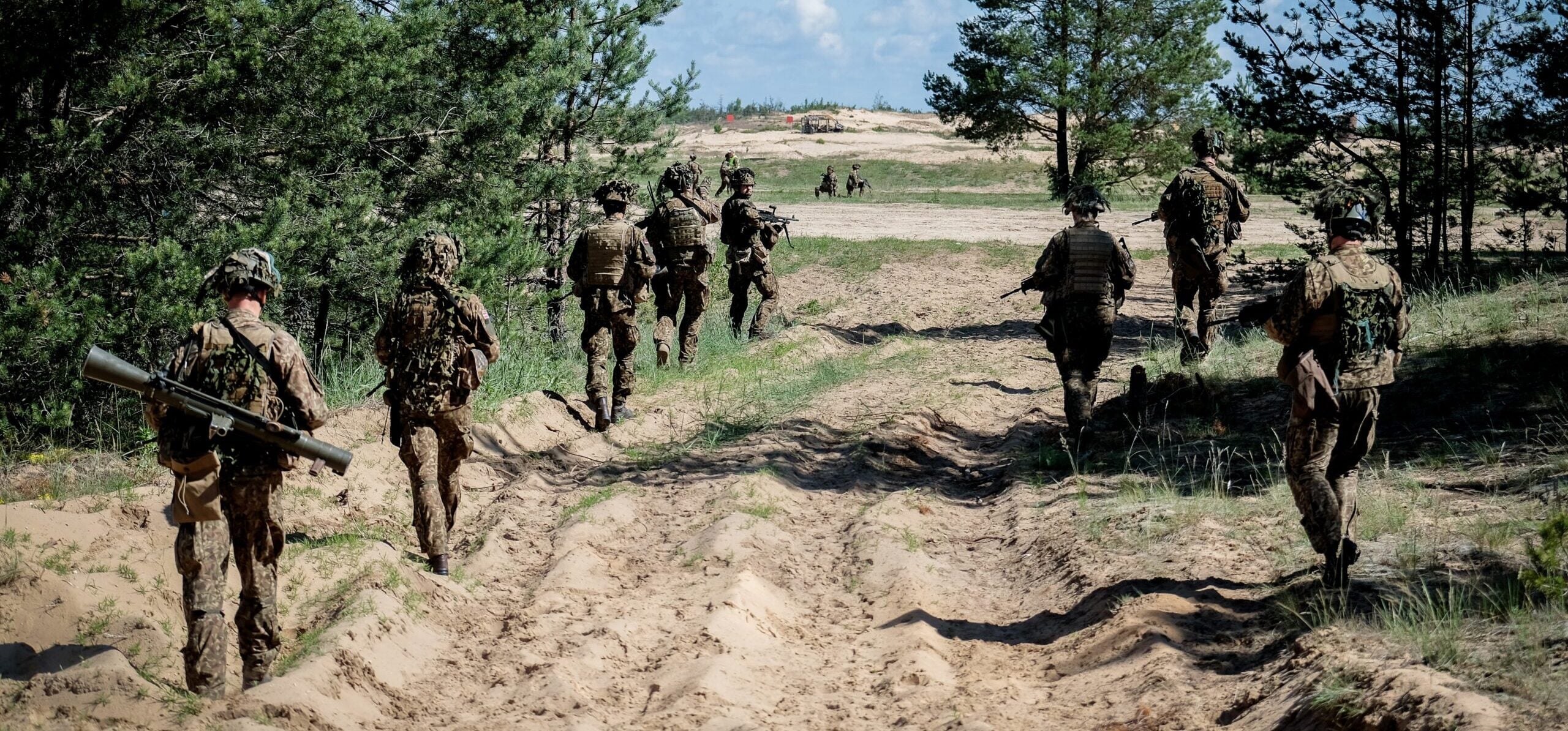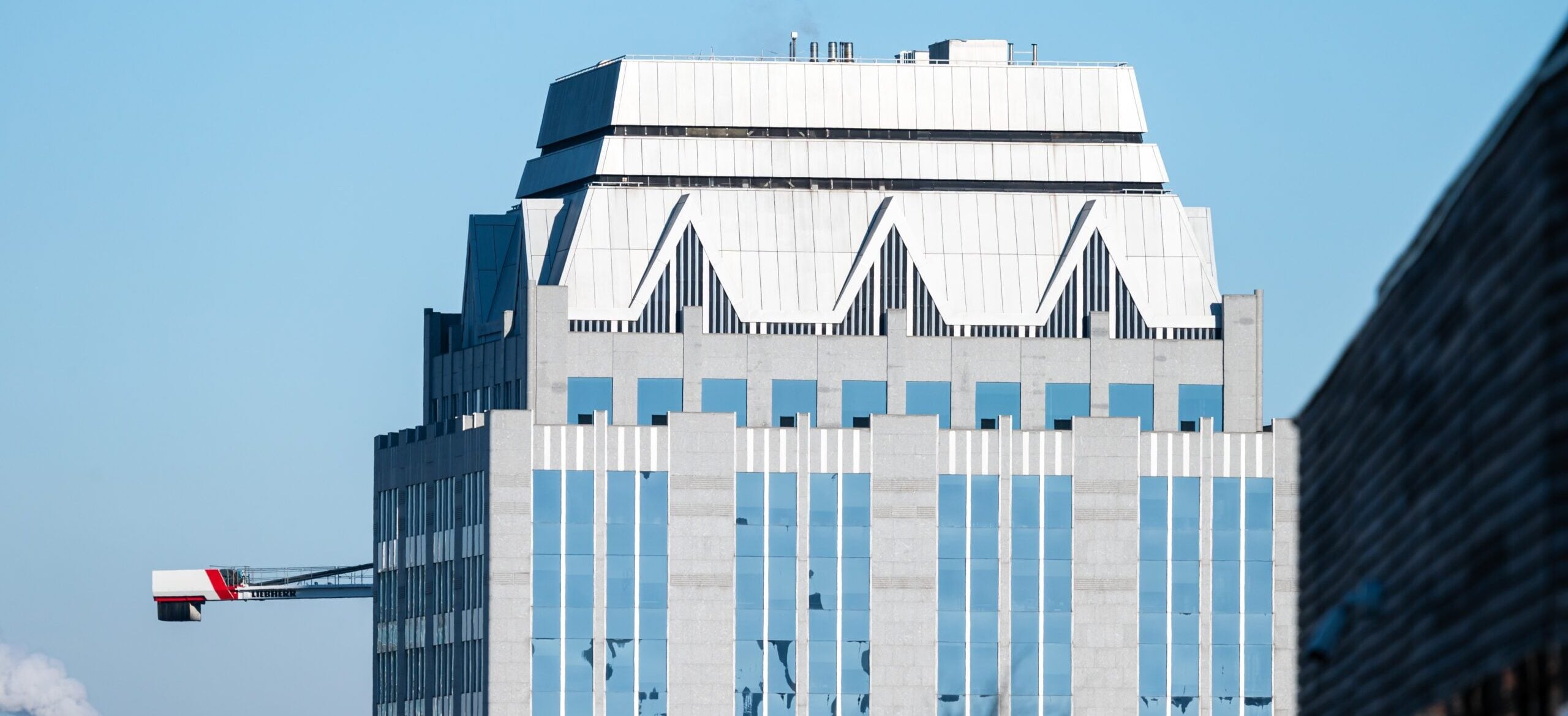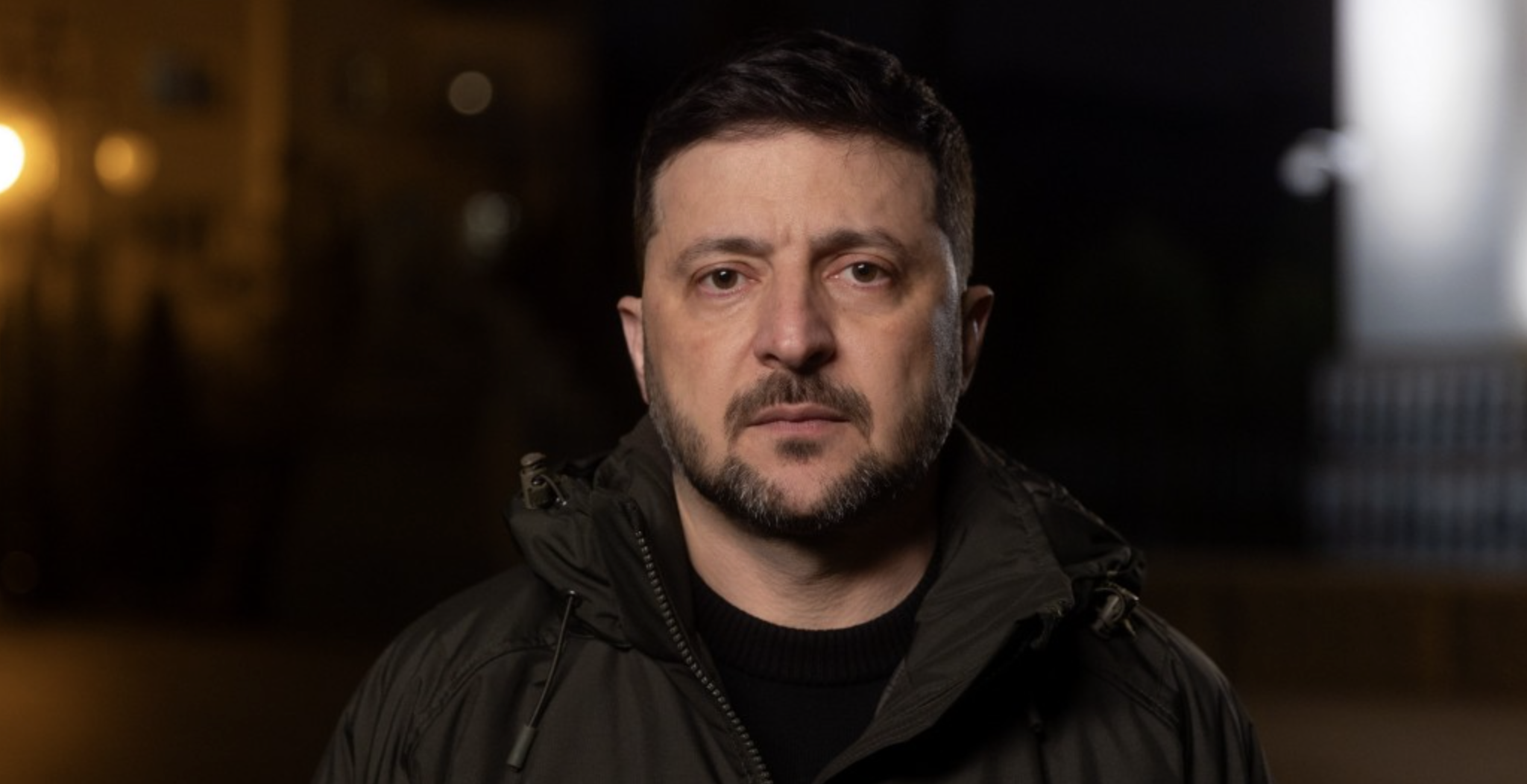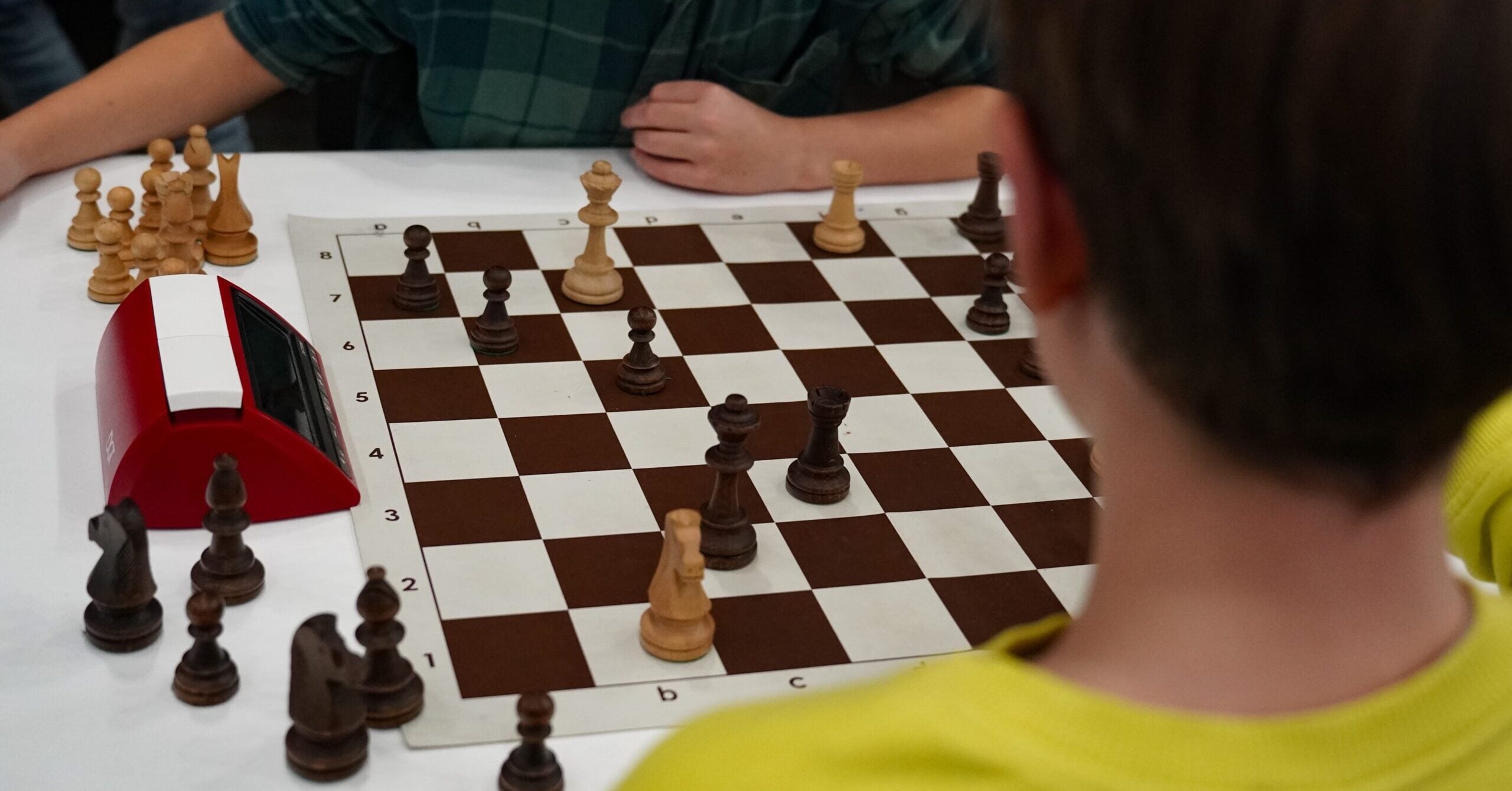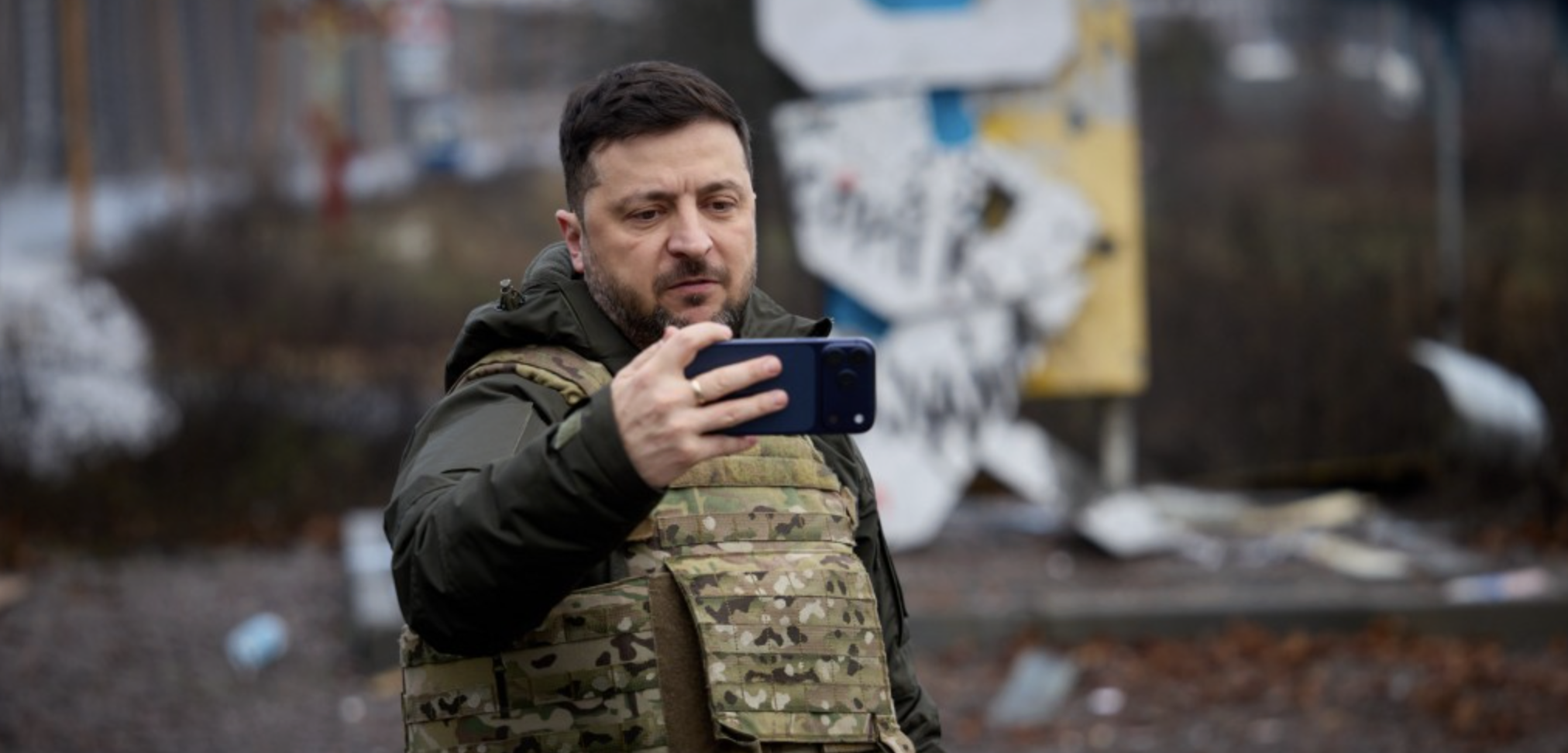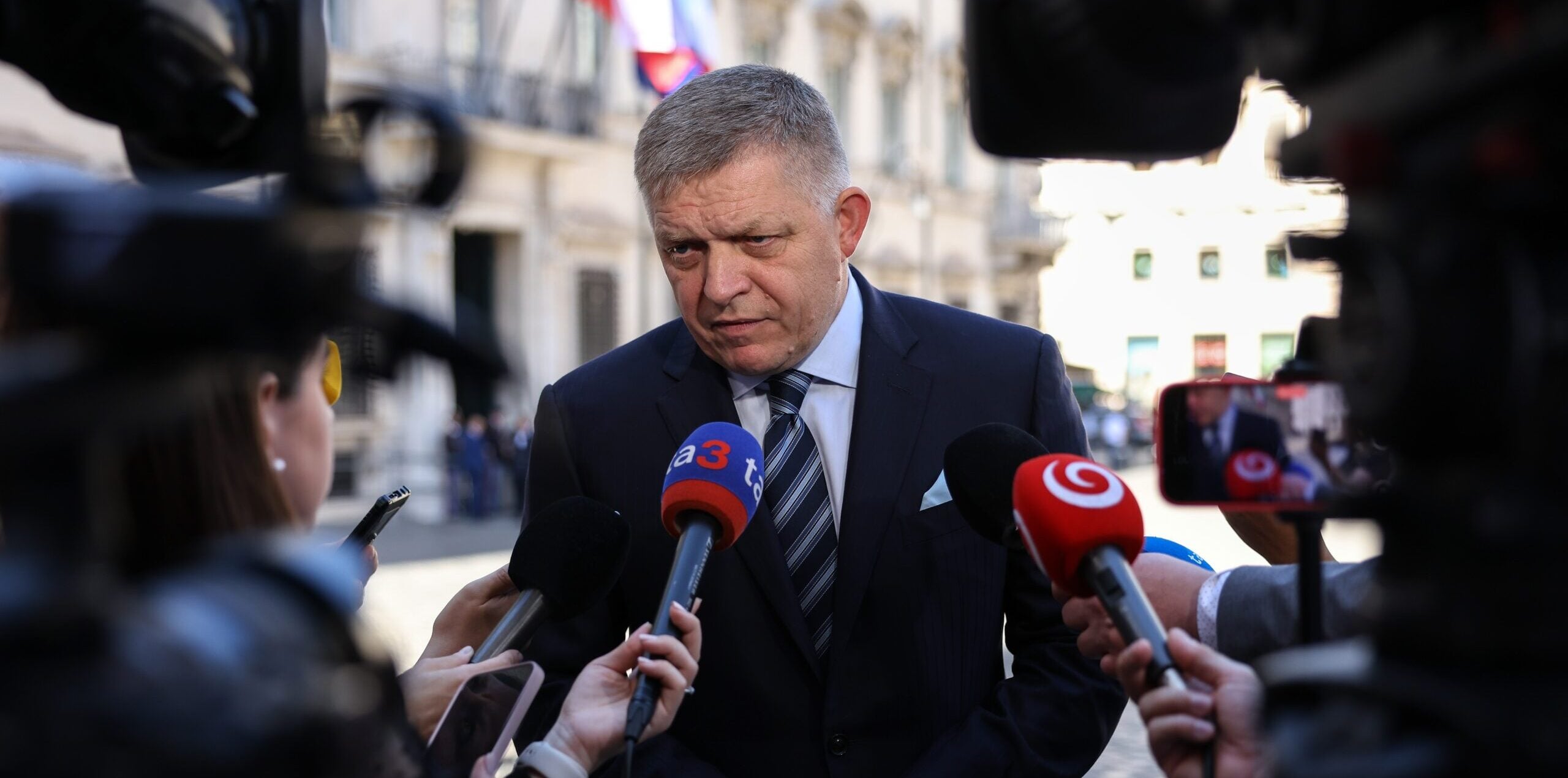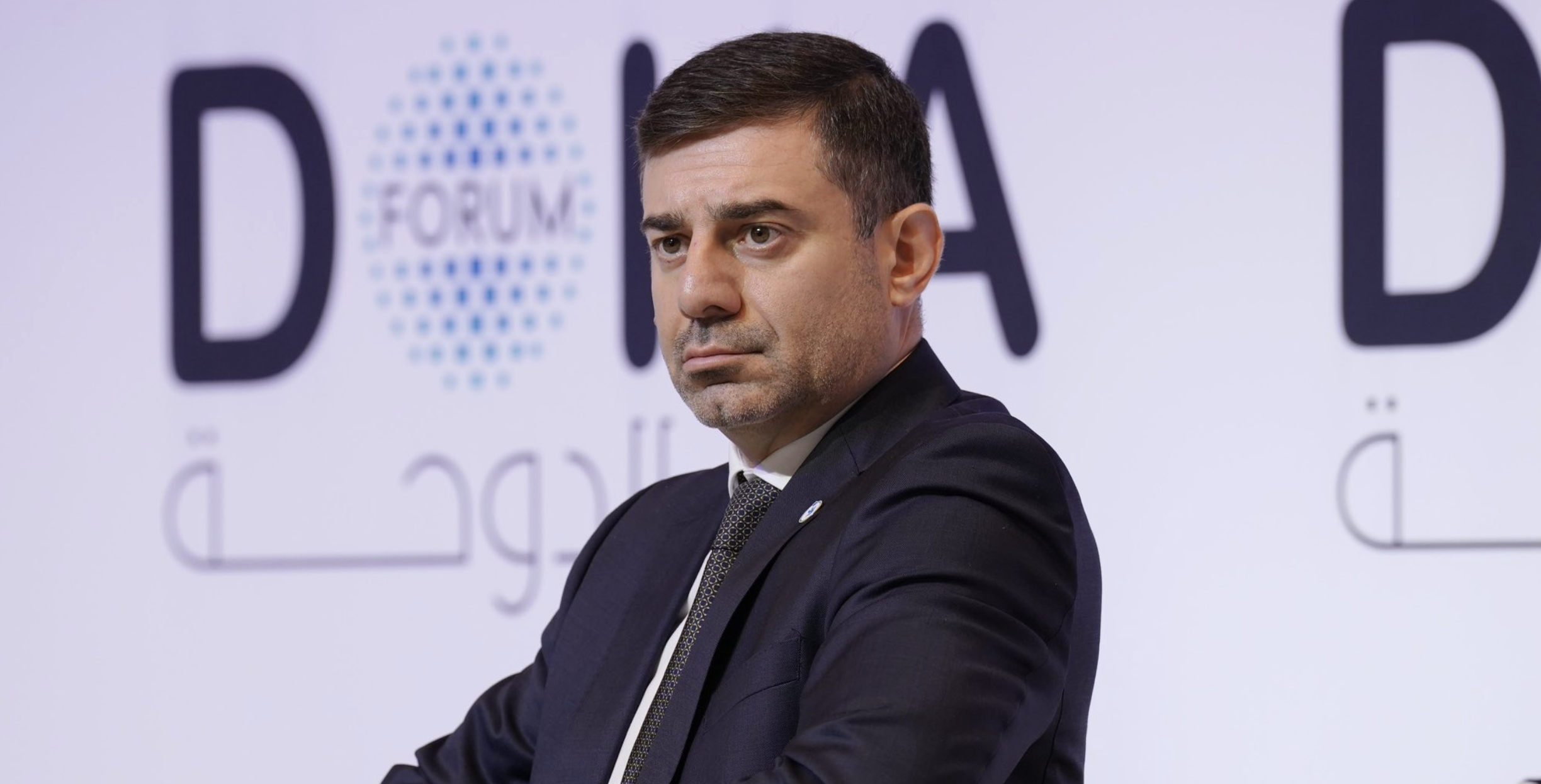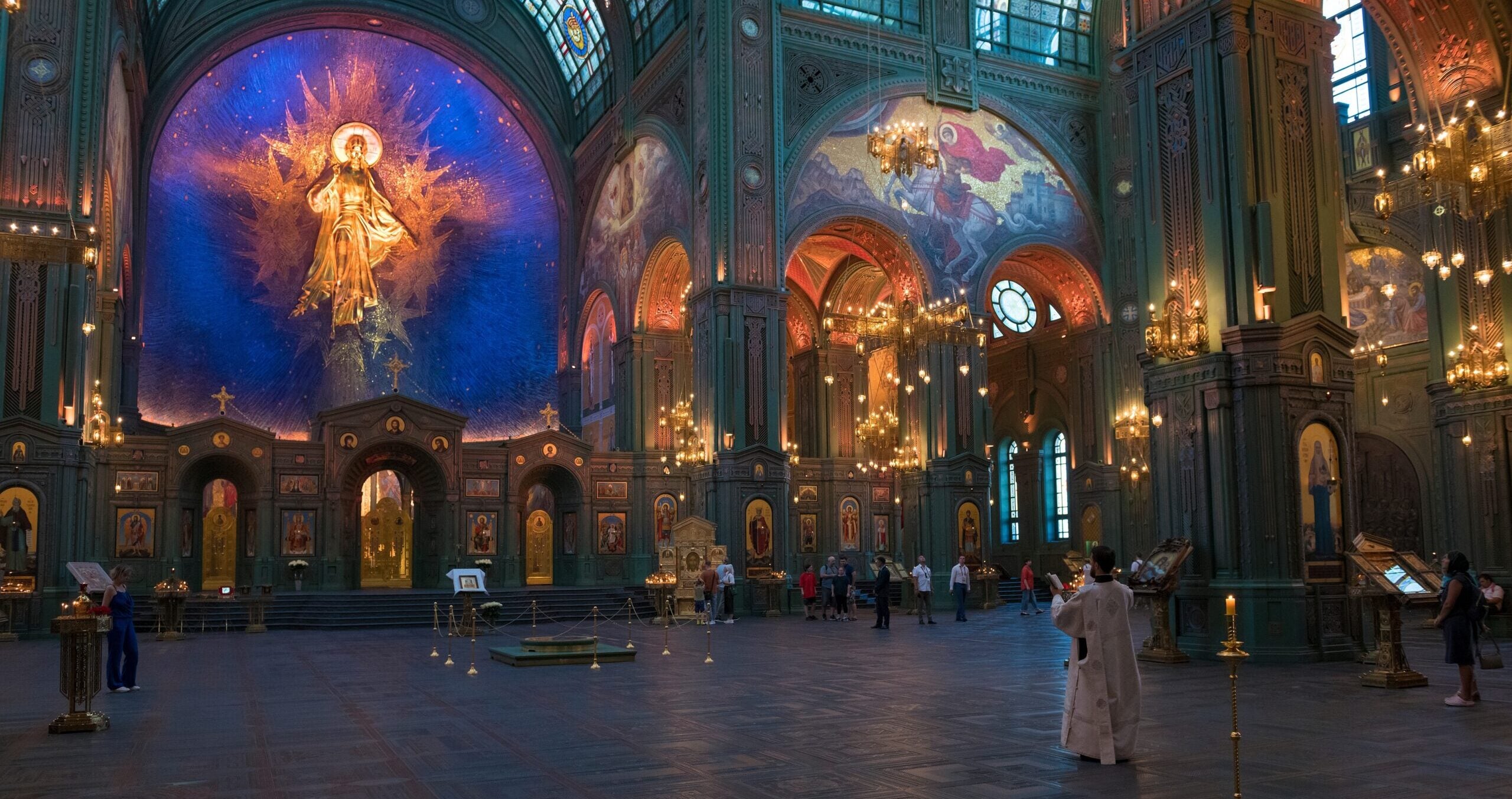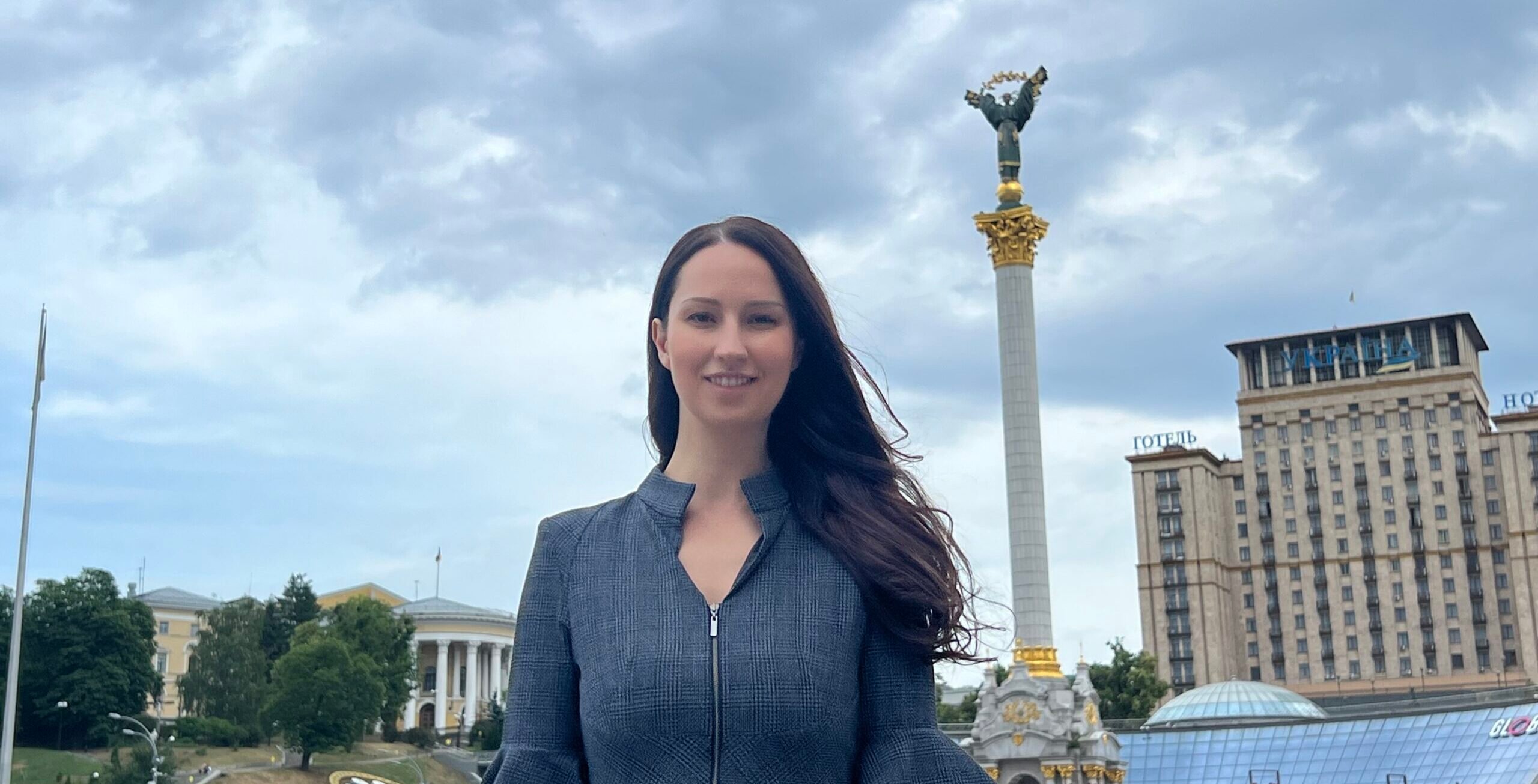
Kateryna Argyrou embarked on a long journey from Australia to Kyiv, traveling by plane, train, and car over two days with her two-month-old son Andrew, visiting Ukraine for the first time.
Beyond juggling motherhood and social activism, Kateryna co-chairs the Australian Federation of Ukrainian Organisations (AFUO), the peak body of the Ukrainian diaspora in Australia, and co-founded the Australia-Ukraine Chamber of Commerce (AUCC) as well as Future Ukraine, a charity fund to help Ukraine. She can be seen both at a rally outside government buildings, placard in hand, asking for more military aid for the Ukrainian Armed Forces, or in meetings with top Australian politicians.
During our discussion about adapting to Russian attacks and air raids, we delved into Kateryna’s motivations for helping Ukraine from abroad, her family’s history of surviving Soviet-era labor camps, and how the Ukrainian diaspora combats “war fatigue.”
Below is Kateryna’s direct speech.
“To see who we are helping and determine how to continue our support“: why Kateryna came to Kyiv
Ukraine has always held a special place in my heart; I have family here and used to visit often, sometimes several times a year. However, this trip was my first in the last five years due to having my first child, then COVID-19 pandemic, and then the birth of my second child. With my maternity leave ending in August, I felt it was the right moment to come. We bought tickets and arrived just a week later, after a 50-hour journey.
The primary purpose of my visit was to connect with the people the Australian Federation of Ukrainian Organisations (AFUO) supports, to understand the current situation, and to identify our priorities for future support. The AFUO provides substantial humanitarian and military aid to Ukraine. To date, we’ve contributed nearly AU$20 million (over US$13 million) in assistance through our two humanitarian funds, “Ukraine Crisis Appeal” and “Future Ukraine,” and a military fund, “Defend Ukraine Appeal.”
Besides meeting with the individuals and organizations we support, I arranged several meetings with government officials and NGOs to get a comprehensive view of the situation in Ukraine. In Lviv, I met with representatives from the Ukrainian Catholic University, the Superhumans Rehabilitation Center which we support financially, and military personnel who served near Bakhmut to understand their current needs. In Kyiv, we met with officials from the National Guard, Ministry of Defense, Ministry of Foreign Affairs and the Governor of Kyiv Region. I also had the opportunity to meet with representatives of other charities (Unite With Ukraine, Razom for Ukraine, Serhii Prytula Foundation, Come Back Alive) with the aim of exploring opportunities for collaboration. These meetings helped us see the bigger picture and define our advocacy, humanitarian, and military assistance priorities.
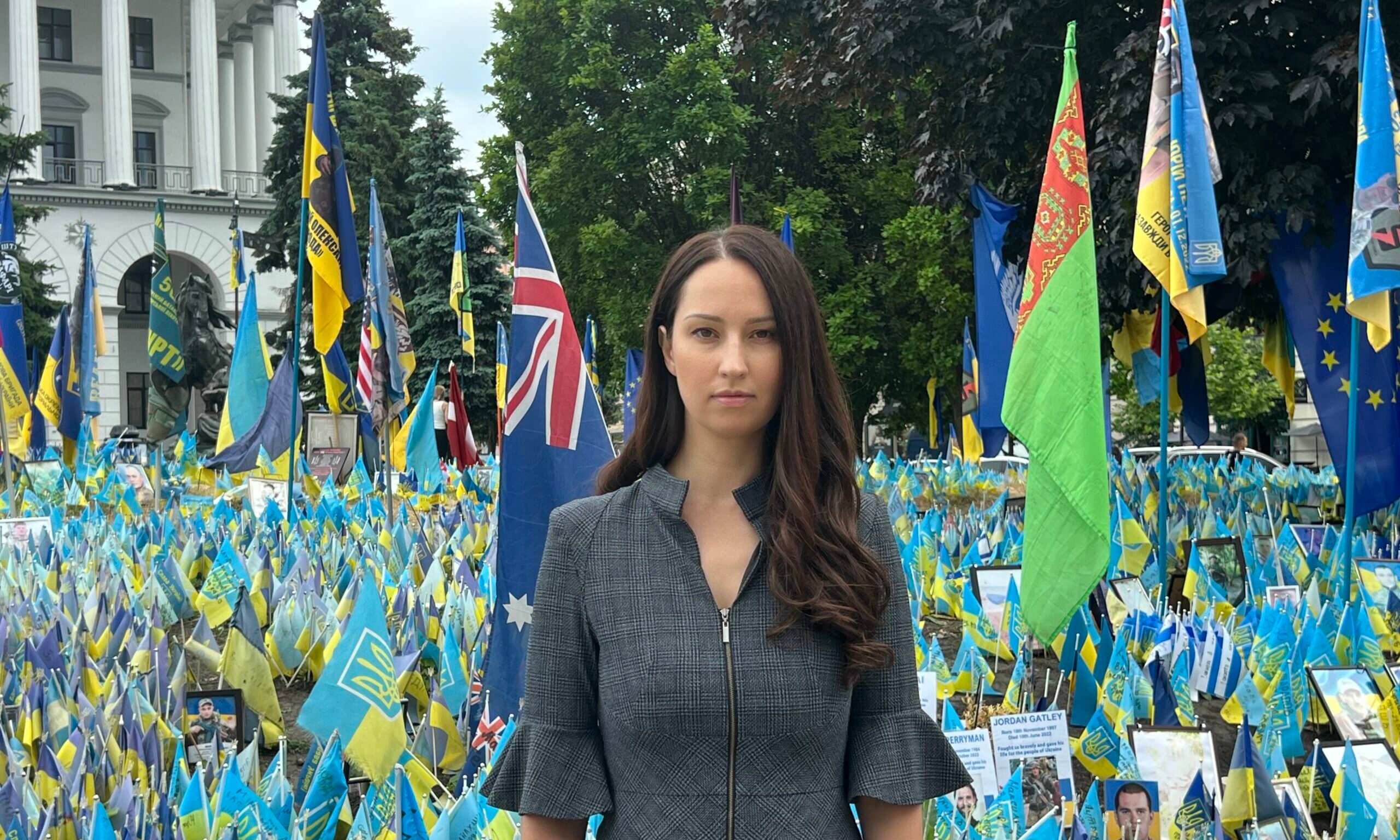 Kateryna, near the spontaneous memorial to the fallen defenders of Ukraine on Independence Square in Kyiv.
Kateryna, near the spontaneous memorial to the fallen defenders of Ukraine on Independence Square in Kyiv.
“Continuing my family’s fight”: on civic engagement as a choice
I grew up with my grandmother, who spent nine years in a Soviet labor camp in Kazakhstan, where she suffered torture and abuse. My grandfather also spent three years in exile, and that’s where they met. Despite everything, they never stopped fighting for their right to practice their religion, speak their language, and live in an independent Ukraine. I believe their resilience and determination were passed down to me, and I am committed to continuing their fight and supporting Ukraine.
I was born in Dubliany, Lviv Oblast, grew up in Canada, and now live in Australia. In the diaspora, I was initially seen as a ‘newcomer,’ like many other Ukrainians who emigrated more recently. However, everything changed after Russia’s aggression against Ukraine began in 2014, especially after the full-scale invasion. Now, all Ukrainians abroad are united by a common goal. As one of the ‘newcomers,’ I found my role in connecting different waves of migration by encouraging them to join our established community organizations. This has proven successful; at AFUO, we merge the experiences of newcomers and community founders to create a powerful community adept at working with government agencies, engaging diaspora members, and running advocacy campaigns for Ukraine.
To better integrate into the diaspora, I would advise newly arrived Ukrainians to join established organizations or work on projects that interest them. It’s not always necessary to start something new. Joining existing associations, especially those in need of new energy, and bringing fresh ideas and initiatives can be very effective. It’s crucial to move forward with a shared vision and common goals.
It is important to remain Ukrainian abroad because that’s our identity, it’s who we are. Although I left Ukraine at age six, I always identify as Ukrainian when asked if I’m Canadian, American, or Australian. Our unique culture and country are worth protecting and preserving. After all, who else will do it if not us?
This is especially true for our children. For example, when I attended school in Canada, I didn’t know a single word of English. I learned it of course, but my parents’ efforts helped me preserve my Ukrainian identity through constant communication at home in Ukrainian.
 Stefan Romaniw, the UWC First Vice President and Co-Chair of the AFUO, and Kateryna Argyrou at a mass rally in Sydney on January 2.
Stefan Romaniw, the UWC First Vice President and Co-Chair of the AFUO, and Kateryna Argyrou at a mass rally in Sydney on January 2.
Constant pressure and systematic approach: the formula for AFUO’s success
Our community is now more united than ever in Australia and globally. Minor disputes have faded because we share a common goal. Everyone contributes in their own way, like little ants, each doing something to hasten victory: volunteering, raising funds, and informing foreigners about Ukraine—not just through the prism of war but also by celebrating our rich history and culture.
One of our most successful cases is the case of the Taipan fleet of decommissioned helicopters. In January, it became known that the Australian government was planning to disassemble the helicopters, destroy them, and then bury them in the ground instead of transferring them to Ukraine. We immediately contacted government officials to see if there was any way to stop the process. Unfortunately, we were told that nothing could be changed. But we were not satisfied with this answer. The AFUO began to involve journalists and promote the main thesis – the Australian government’s actions with the helicopters were wrong and unfair. The helicopters were a resource that Ukraine could have used to evacuate wounded soldiers and save lives, and they were simply destroyed.
“You will be lucky if this topic is covered for three days,” we heard from various officials and public figures. But we kept at it, persistently appealing to everyone, involving communities, our Australian friends, and supporters of Ukraine. In the end, the campaign, which was supposed to last three days, lasted three months. More than a hundred articles, broadcasts, and interviews were published. Following advocacy and pressure from the AFUO, the Australian Senate set up a committee looking into aid provided to Ukraine, with hearings to take place soon. Representatives from our community will provide their testimonies.
In the end, Ukraine did not receive the Taipan helicopters, but thanks to our advocacy campaign and the support of the Australian community, Kyiv received the next aid package of $100 million. This next package of aid was provided despite the fact that we had heard earlier that there was no budget for the next package, that Australia had “already done enough” and so on. So, indeed, constant pressure and consistency is the key to success.
The Australian society tends to avoid confrontation and may be slower in its responses than Ukraine needs right now. That’s why we focus part of our efforts on explaining the need for immediate military support and why the war cannot end through negotiations on Russia’s terms. It’s a continuous effort involving more than just one news article or speech. Although attention on Ukraine has somewhat waned—even when Kyiv and other regions face hundreds of Russian missile attacks—our community anticipated this change. Our constant analysis of public sentiment, supported by surveys and donor monitoring, shows that 82% of the Australian public still supports providing assistance to Ukraine.
To combat ‘war fatigue,’ we explore different ways of conveying information. Instead of just reporting on attacks, we emphasize the need to protect Ukrainian children from Russian aggression. Consistent pressure, a systematic approach, and consistency remain crucial.
Attendance at our regular weekend rallies and protests has decreased, so we’ve shifted our focus. We now also discuss the global impact of Russia’s aggression and issues that resonate universally, like the effects of the war on Ukrainian children’s mental health and how they can be helped. We emphasize that all children deserve to live in a normal society, not under the threat of missiles. Every parent understands the importance of childrens’ safety.
Ukrainian culture is another avenue through which we communicate the story of the war. The AFUO works to showcase our culture’s diversity, beauty, and uniqueness—we even plan to bring Ukrainian artists to Australia. We organize exhibitions, screenings, and talks about embroidery, dance, and art, focusing also on how Ukrainian culture has evolved. This approach helps keep Ukraine on the agenda and maintain interest in its history among the Australian public.
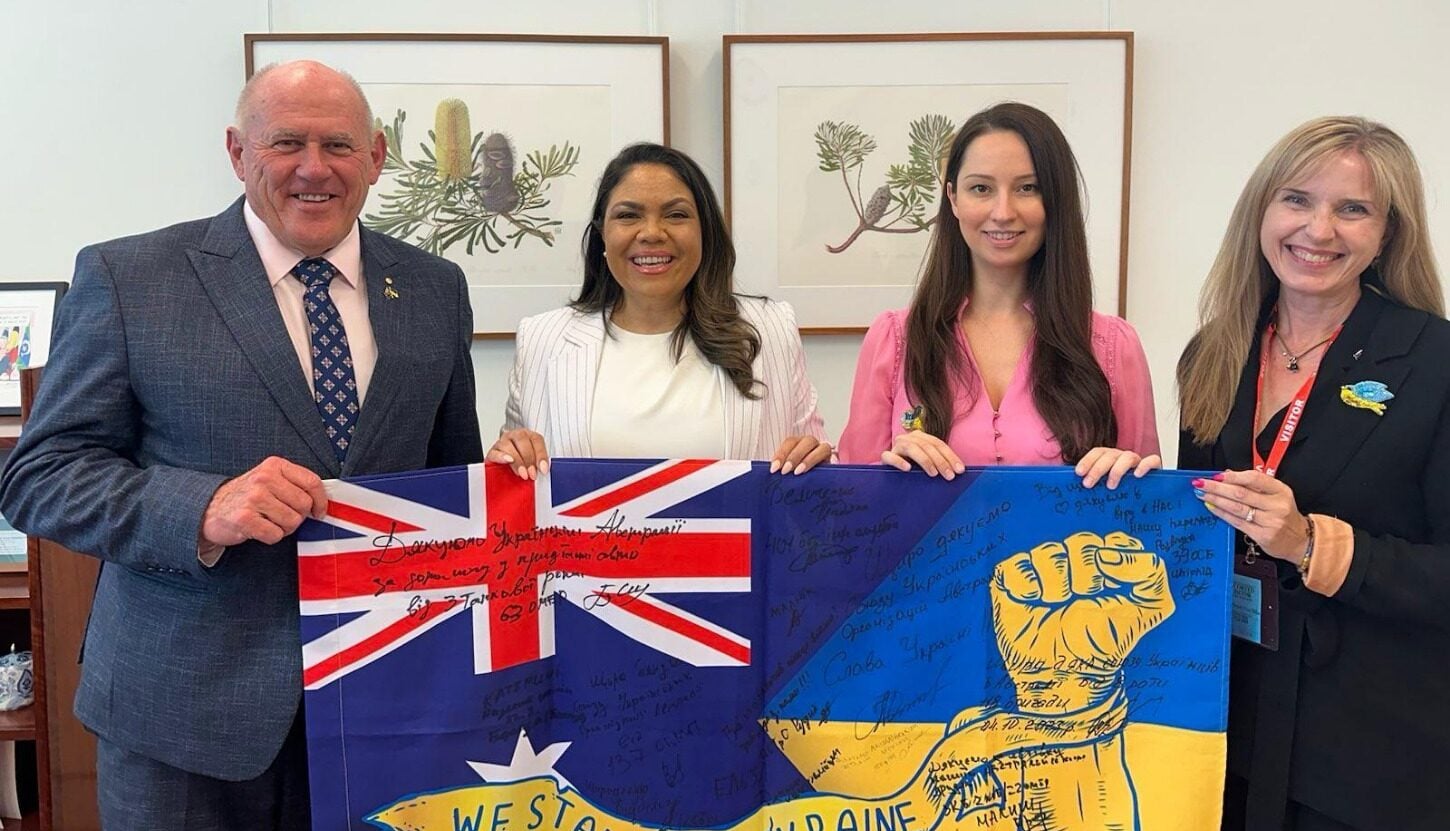 The AFUO team – Stefan Romaniw, Kateryna Argyrou, and Executive Committee member and Australia-Ukraine Parliamentary Friendship Group Liaison Chrestyna Kmetj – during a strong week of advocacy in March.
The AFUO team – Stefan Romaniw, Kateryna Argyrou, and Executive Committee member and Australia-Ukraine Parliamentary Friendship Group Liaison Chrestyna Kmetj – during a strong week of advocacy in March.
Military assistance and integration of newcomers: future plans
The AFUO has a clear action plan. Providing military aid to support Ukrainian defenders on the front line is a priority. We work with each state to raise funds. Another focus is on the visa issues for displaced Ukrainians. We’re addressing the concerns of about 11,500 war refugees who arrived in Australia nearly three years ago. Their humanitarian visas expire in 2025, and what will happen next is uncertain.
70% of displaced Ukrainians who came to Australia are women with children. It is important to know whether the children will continue to go to school or whether they will have to return to Ukraine, where there is a war. There is considerable anxiety and uncertainty within the community. As representatives of the Ukrainian community, we are currently negotiating with the Australian Minister of Immigration to find solutions so that our Ukrainians, who arrived during the war, understand their options moving forward.
The AFUO also raises funds for humanitarian aid, tailoring our support to meet the evolving needs. Another key area of our activity is uniting the ‘old’ and ‘new’ communities and integrating newcomers. Our approach has evolved—if we had previously waited for people to come to us, we now proactively create opportunities for diasporans, particularly workers.
Within our community organizations, we have created managerial positions where “Welcome Managers” can help Ukrainians settle in, get accustomed to Australia, and explain which organizations—Plast, CYM, church organizations, and Ukrainian schools—they have available to them. Experience shows that this practice is effective and successful.
After my trip to Kyiv, I’ll return to Australia and report to our community on the current situation in Ukraine, where our funds have gone, and how they are helping. I’ll also work with our team to formulate plans for future advocacy, as direct communication with the Australian government is crucial to explaining current needs and strategizing our requests. And, of course, we’ll think about how to engage donors more actively and allocate funds effectively.
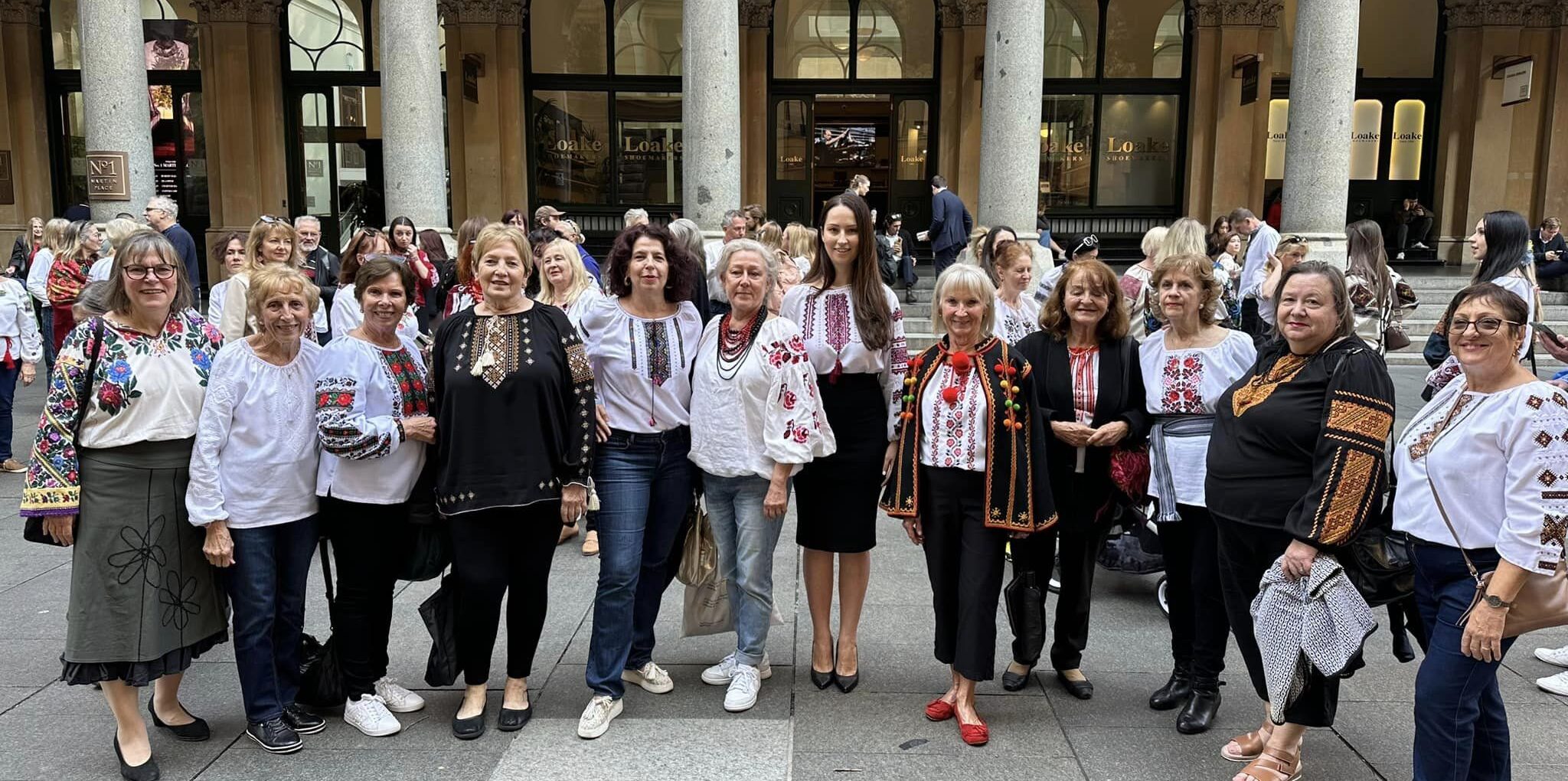 Kateryna Argyrou and the Ukrainian Women’s Association Lidcombe Branch during the Vyshyvanka Day 2024 on May 16.
Kateryna Argyrou and the Ukrainian Women’s Association Lidcombe Branch during the Vyshyvanka Day 2024 on May 16.
It is vital to continue urging the international community to remain united and to support Ukraine. All official meetings, discussions, and promises are important, but what we really need in order to succeed is consistency, quick decision-making, and timely action which are currently lacking. If all decision-makers had the courage to ignore Russia’s empty threats, be guided by what is right, and respond to Ukraine’s pleas for help in a timely manner, the war could have ended much sooner. And most importantly, we could have saved countless lives and spared our people from suffering. It is crucial for us to be guided by human values and to remain united in our fight against evil.
Photos: UWC; AFUO; Kateryna Argyrou on Facebook.
